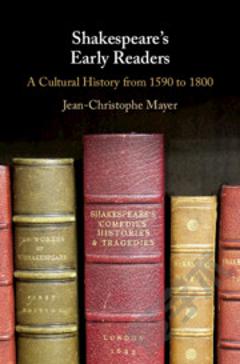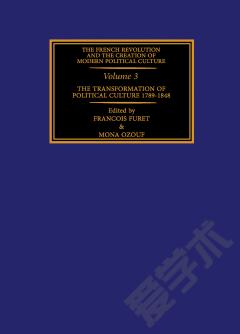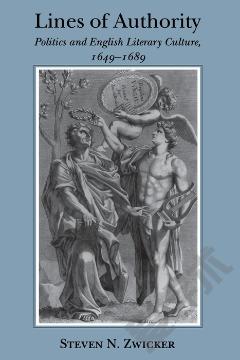Shakespeare's Rise to Cultural Prominence: Politics, Print and Alteration, 1642–1700
Shakespeare's rise to prominence was by no means inevitable. While he was popular in his lifetime, the number of new editions and revivals of his plays declined over the following decades. Emma Depledge uses the methodologies of book and theatre history to provide a re-assessment of the reputation and dissemination of Shakespeare during the Interregnum and Restoration. She demonstrates the crucial role of the Exclusion Crisis (1678–1682), a political crisis over the royal succession, as a foundational moment in Shakespeare's canonisation. The period saw a sudden surge of theatrical alterations and a significantly increased rate of new editions and stage revivals. In the wake of the Exclusion Crisis, Shakespeare's plays were made available on a scale not witnessed since the early seventeenth century, thus reversing what might otherwise have been a permanent disappearance of his drama from canonical familiarity and firmly establishing Shakespeare's work in the national cultural imagination.
{{comment.content}}








 京公网安备 11010802027623号
京公网安备 11010802027623号